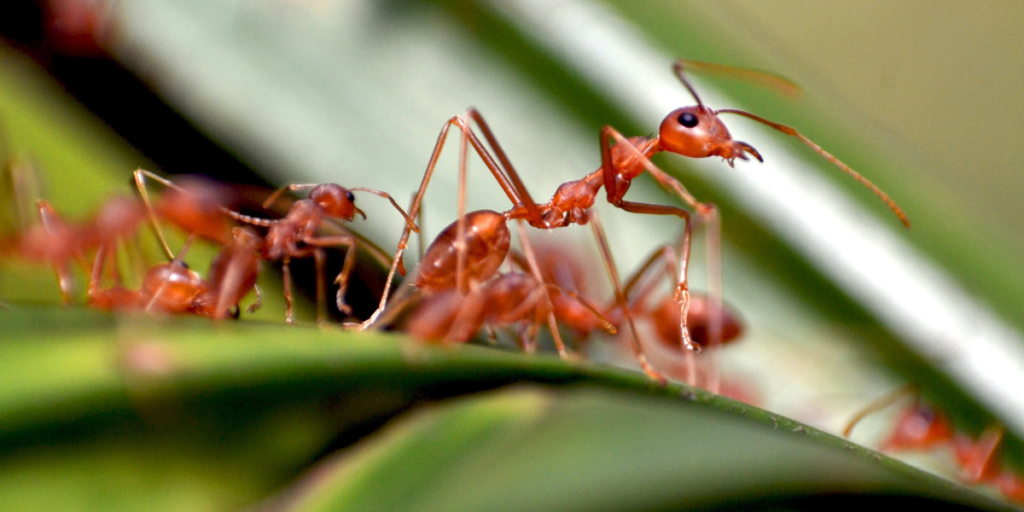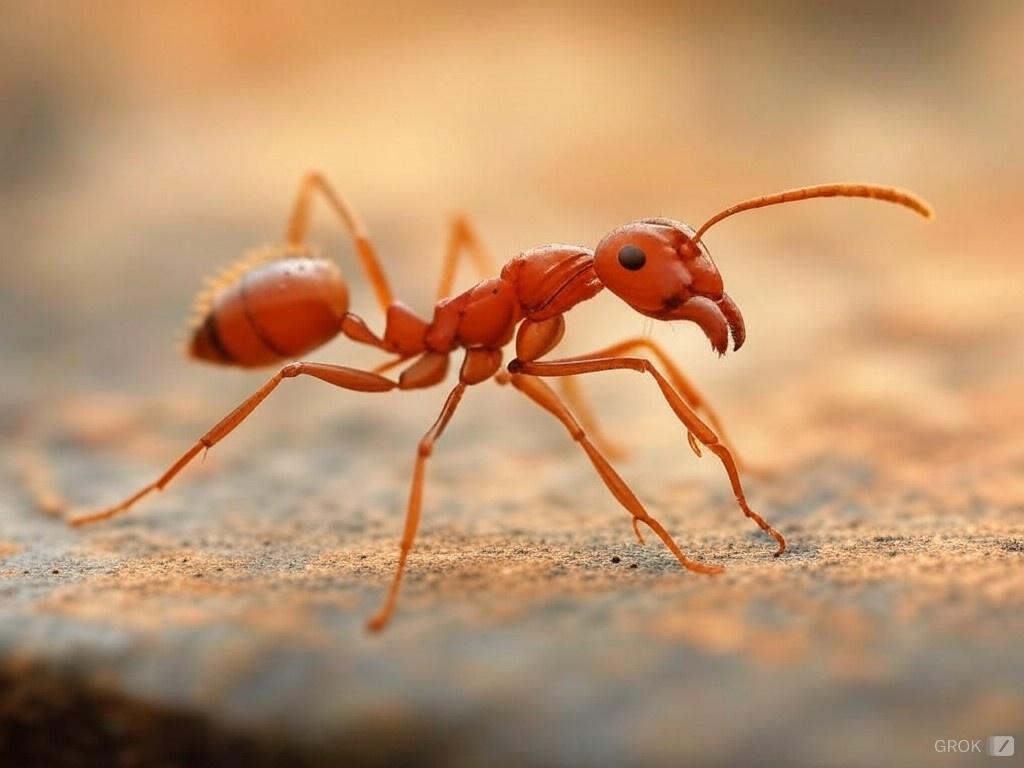
As the weather warms up, ants become a common seasonal nuisance. These tiny invaders are drawn to food and shelter, making homes more vulnerable, especially in summer. Different species will bring different structural and health damages to your lifestyle, which makes you think about taking swift action. Understanding their lifecycle, behaviour, and nesting habits is key to preventing an infestation. In this guide, we will dive into the biology of ants and follow it up with five simple yet effective tips to keep them away from your home all season long. Ready to reclaim your space? Let’s get started!
Understanding Ants: Species, Lifecycle, Colonies and Behaviour
Common Species Found in Homes
Before you make up your mind to perform ant control measures, knowing the kind of species invading your property is very important. Both indoors and outdoors, different ant species can be a reason to destroy your property and health. Odorous house ants leave a rotten coconut smell when crushed. Carpenter ants dig holes into your wooden furniture for nesting purposes. Pavement species like to live in cracks, and their presence is common in kitchen areas. Similarly, fire and pharaoh ants contaminate food and live in kitchens or bathrooms.
Lifecycle: Understanding the Stages
An ant’s lifecycle is based on four steps, which include egg, larva, pupa, and adult. The queen is responsible for laying eggs, and worker ants collect the food and take care of all the eggs. Swarmers are those ants that leave the nests to mate. Understanding their lifecycle helps a lot in planning proper treatments for ant removal Queens. By killing the queen, the entire colony is destroyed. But if the queen survives the whole process, there is a chance of them returning for infestation to the same location.
Identifying Nesting Habits and Colonies
For efficient ant control Elmont, it is important to understand their nesting habits and how they build colonies. They like to nest in different places, such as under floors, inside walls, and even in the yard. Each colony can have either a few hundred ants or even thousands. Ignoring their presence gives them a chance to grow their infestation stronger.
Insights into Behaviour and Patterns
Ants are very social animals that have clear jobs. Queen ants oversee breeding, while worker ants look for food. Ants usually look for food and water at dawn or dusk, especially in the summer, when they are easier to find. The way they act is affected by temperature, humidity, and the presence of food and water. Knowing these trends helps you guess when ants will be active and take steps to keep them from doing damage.
5 Smart Ways to Keep Ants Out of Your Home This Summer
Now, after discussing the entire lifecycle of these insects, it’s time to highlight some smart tips for performing a quick ant control Floral Park. Following preventive measures in your daily routine can help you control infestations in the future. A few important guidelines to follow are:
Tip 1: Eliminate Food Sources Inside
Ants are attracted to food. Wipe down countertops and vacuum up crumbs daily to avoid attracting them. Store all food in airtight containers to prevent access. Avoid leaving the ripe fruit out, as it can attract a huge army of ants. Cover all trash bins, and they should be emptied on a regular basis to keep the insects away.
Tip 2: Seal Entry Points
Ants generally enter through the tiniest cracks. Use caulk to seal all those holes and cracks around walls, floors, and windows. Install weather stripping under doors and inspect entry points around utility pipes. Adding mesh to vents and weep holes will also help block ants from finding their way inside.
Tip 3: Control Moisture and Standing Water
The best approach for a quick ant control Stewart Manor is to remove all standing water and moisture sources around your home. They need water for long-term survival. To avoid letting the water gather, fix all leaky faucets and pipes quickly. You should keep a close check in basements and kitchens against the collection of water. Damp areas like basements and kitchens should have dehumidifiers. Do not overwater the plants.
Tip 4: Use Natural Ant Deterrents
The use of natural deterrents also works best to eliminate these tiny insects. You can make a solution of vinegar and water to erase the trails. Sprinkle it on locations where insect sightings are very frequent. Essential oils like lemon juice, cinnamon as well as peppermint can also work best for ant control New Hyde Park.
Tip 5: Strategic Outdoor Maintenance
Give your yard space the best maintenance to prevent them from nesting in any closeby places. Keep the mulch and firewood away from the house to discourage their entrance. Trim extra shrubs and branches that touch attics, roofs or windows. Clear fallen fruits and secure outdoor trash bins to avoid attracting ants.
FAQs: Common Questions People Ask
How do ants look for their food sources?
They follow a specific scent trail that is laid down by other ant species for the food sources.
Can natural repellents show effective results in controlling infestation?
Yes, they can work best to gain short-term prevention results for mild infestations.
Which ant species can cause structural damage?
Carpenter ants are responsible for damaging your wood. They burrow holes into the wood for nesting purposes.
Do ant colonies die if you kill the queen?
Yes, they do! Without a queen, the colony can’t reproduce or survive long.
Get Effective Ant Removal Solutions by USS Pest Control
If you are worried about tiny ants invading your space, hiring USS Pest Control services is the best solution. They bring discreet, fast and reliable pest control solutions to your table to get rid of all dangerous insects in just one go. The team uses eco-friendly solutions that target nests and ensure long-term solutions are brought to the table. Trust our professional services to make your property ant-free.



